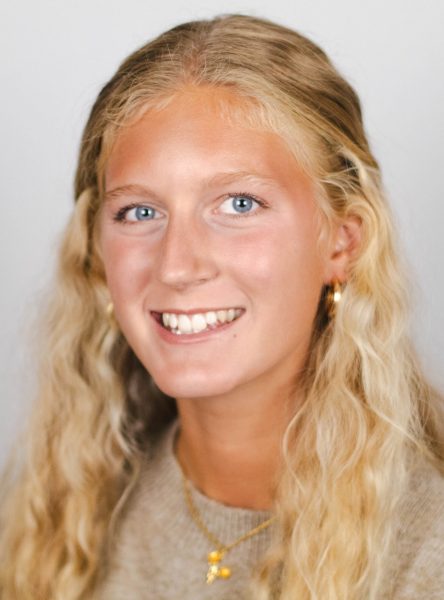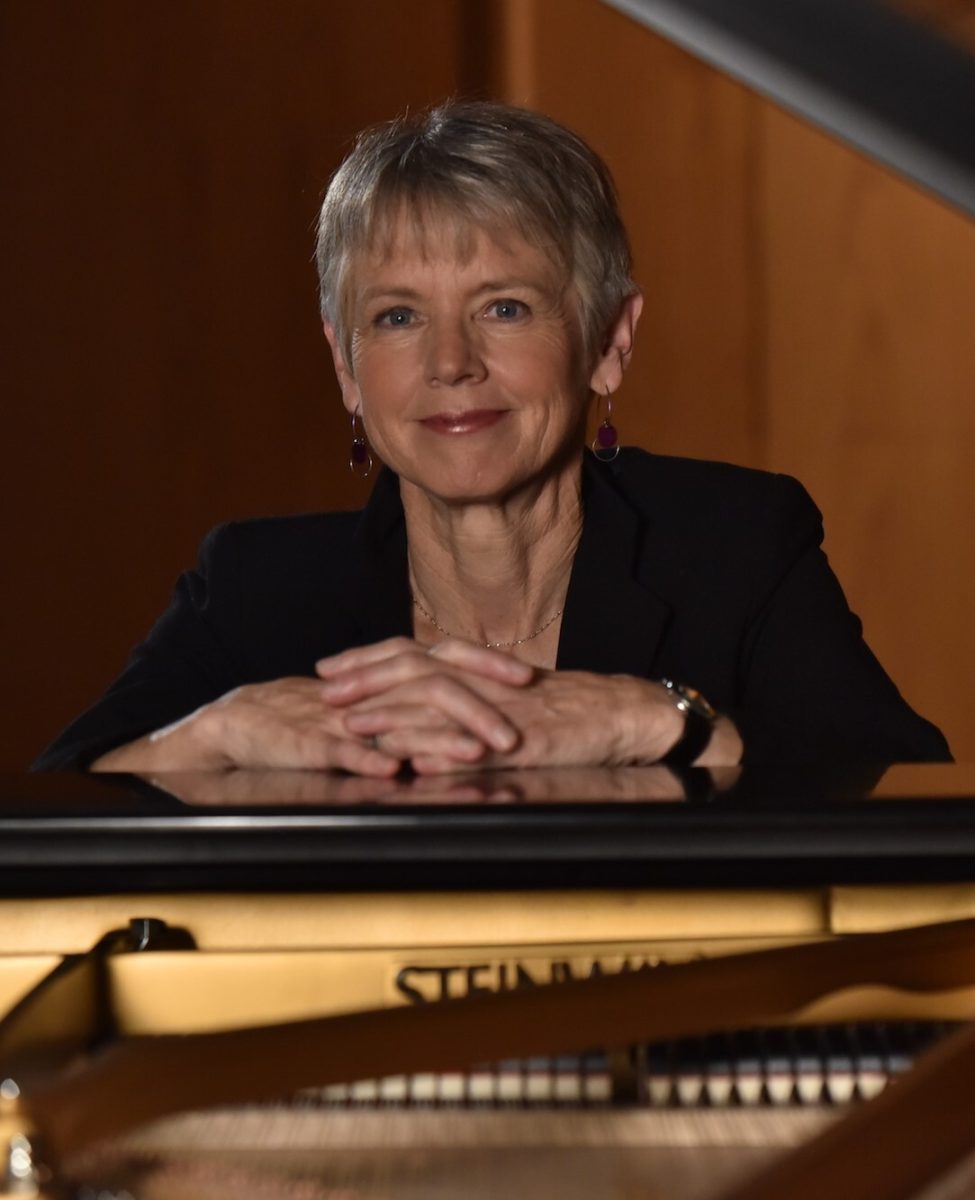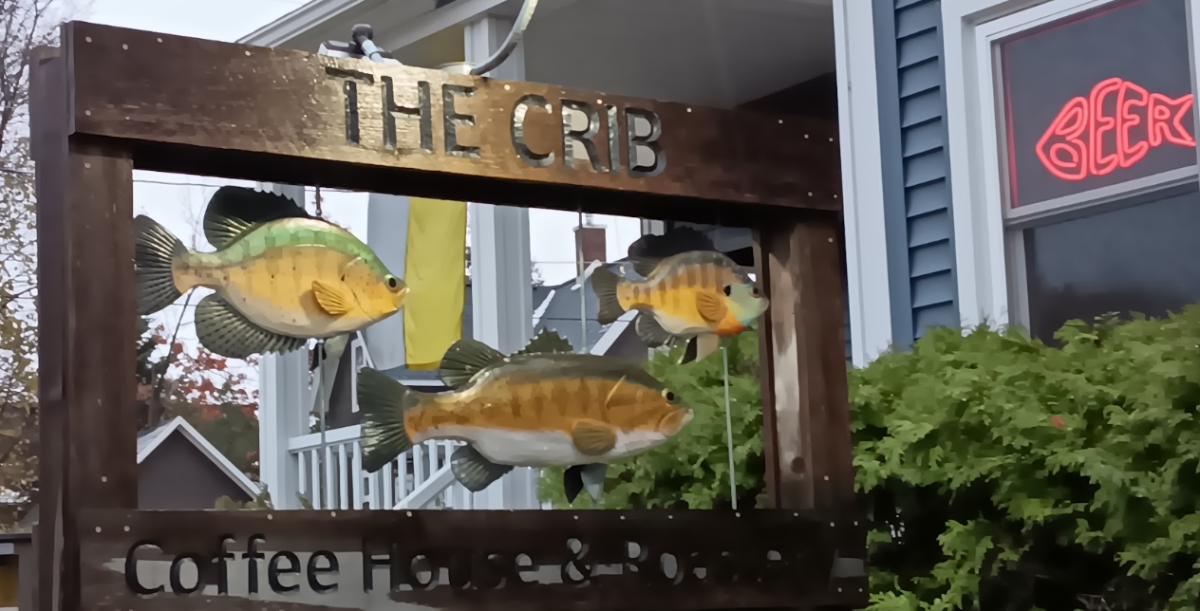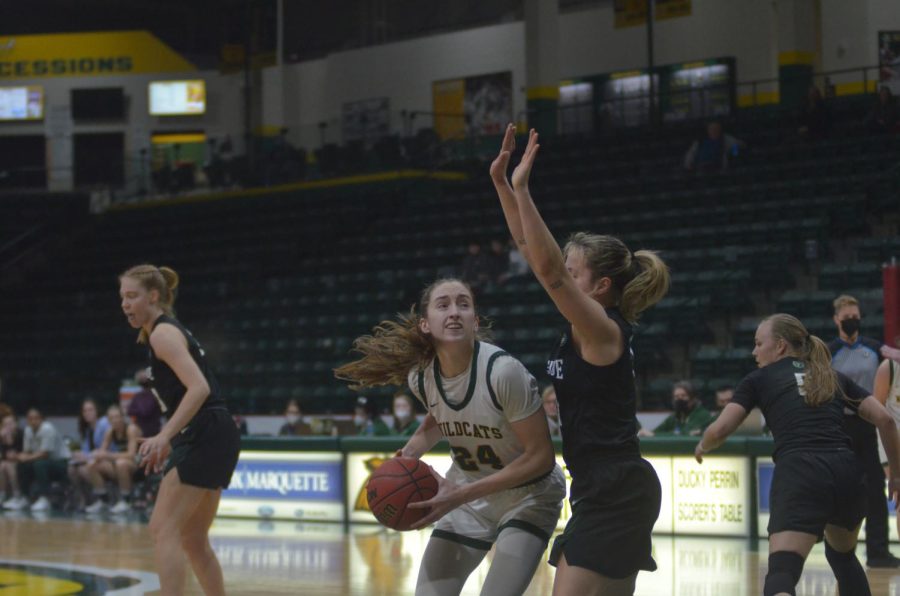Tiffani Haught came to Northern Michigan University from Madison Heights, Mich. and was thrust upon the road to poor grades and academic suspension or dropping out.
“When I got here, I was pretty into living the stereotypical college experience and not doing school as well as I should have,” Haught said. This changed after befriending a resident adviser (RA) in her hall, Haught said. This RA helped her study, pushing her to do better in school as well as influencing her to become more involved in the community.
Haught is currently the Payne Hall president, a member of the Student Leader Fellowship Program, is involved in Superior Edge and works about 20 hours a week for the front desk in the Payne/Halverson lobby. Next year, she will assume responsibilities as the Women for Women co-president and be an RA in Gant Hall.
Students across the country, like Haught, go to college for the wrong reasons, but graduate with a significantly different view of their future aspirations, with the help of involvement in their community and student organizations, or the “quantity and quality of the physical and psychological energy that students invest in the college experience,” according to Alexander Astin, Founding Director of the Higher Education Research Institute at University of California at Los Angeles.
Astin’s theory of involvement states that students learn from becoming involved. The Housing and Residence Life Office on campus take Astin’s theory heavily into account when training resident advisers at the beginning of each semester in order to help them encourage students to get involved through effective communication skills, knowledge of campus resources and programming. Learning about involvement theory aids the paraprofessionals in “making connections with the residents and the residents to each other,” Jeff Korpi, the assistant director of Housing and Residence Life said.
“We train our RAs to be a catalyst, or a piece in the whole formula of people taking advantage of opportunities,” said Korpi. “Involvement and interaction are one in the same.”
Resident advisers are required to do social rounds while on duty and are obligated to talk with and get to know residents that live around the hall to connect them with each other. Korpi said if a group of students are all interested in a similar topic, RAs can link them with other students interested in the same topic to create a network of people to interact with.
Each resident adviser is also required to facilitate a house government and each resident director is responsible for a hall government. These are the two simplest ways for residents to get involved in their community and interact with other house and hall members, which makes the students care about where they are living, Korpi said.
The two-year housing requirement, despite controversy among some students, establishes and maintains these sought after connections that tie the student to the university, said Korpi, leading students to want to do better in school in order to stay in school and creating a network of people that supports each other.
Haught agreed with Korpi’s perspective. “People are more grounded and more stable when they are tied to the community they are living in and I think they achieve more when they have a support system and they have a network of people pushing them to go further,” she said. “The people I know that are almost too involved still double as the people who are doing the best in school.”
According to a study done by Amy L. Hawkins at Purdue University, members of student organizations on average have higher GPAs than those who are general students. Student officers of organizations have the highest GPAs out of the three groups. House and hall government provide quick and easy ways to be involved and be student leaders or officers.





























